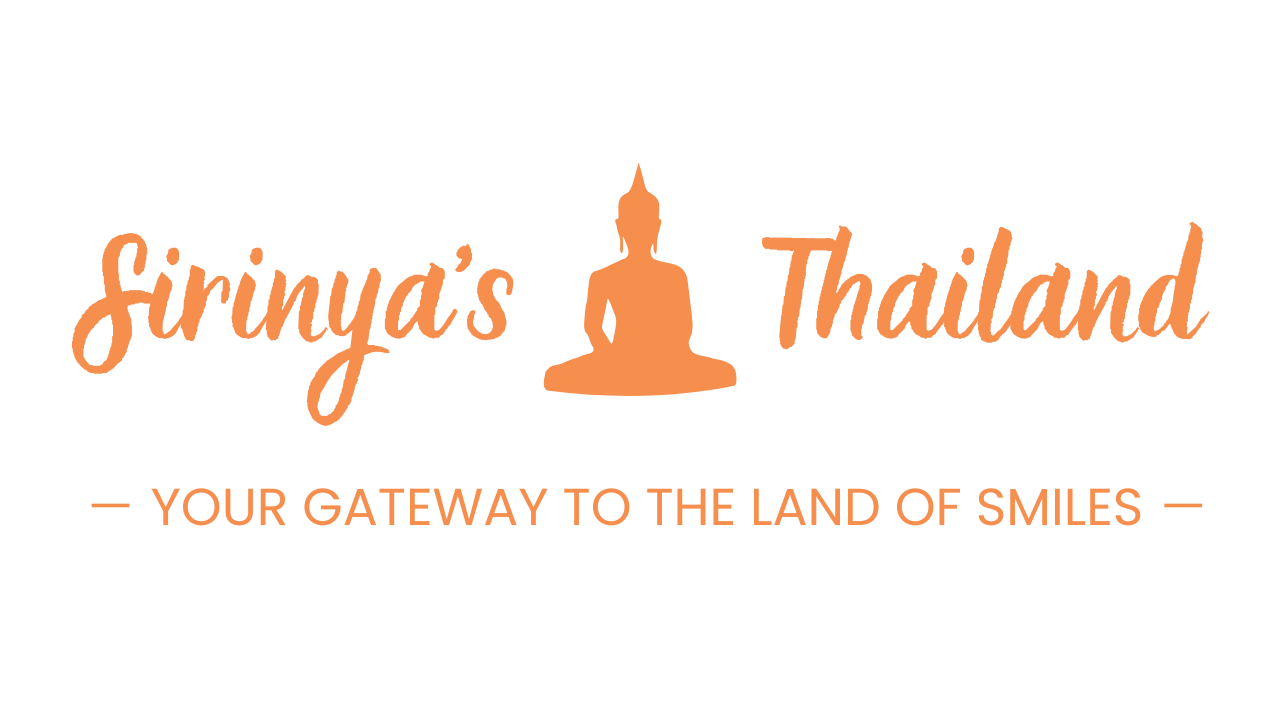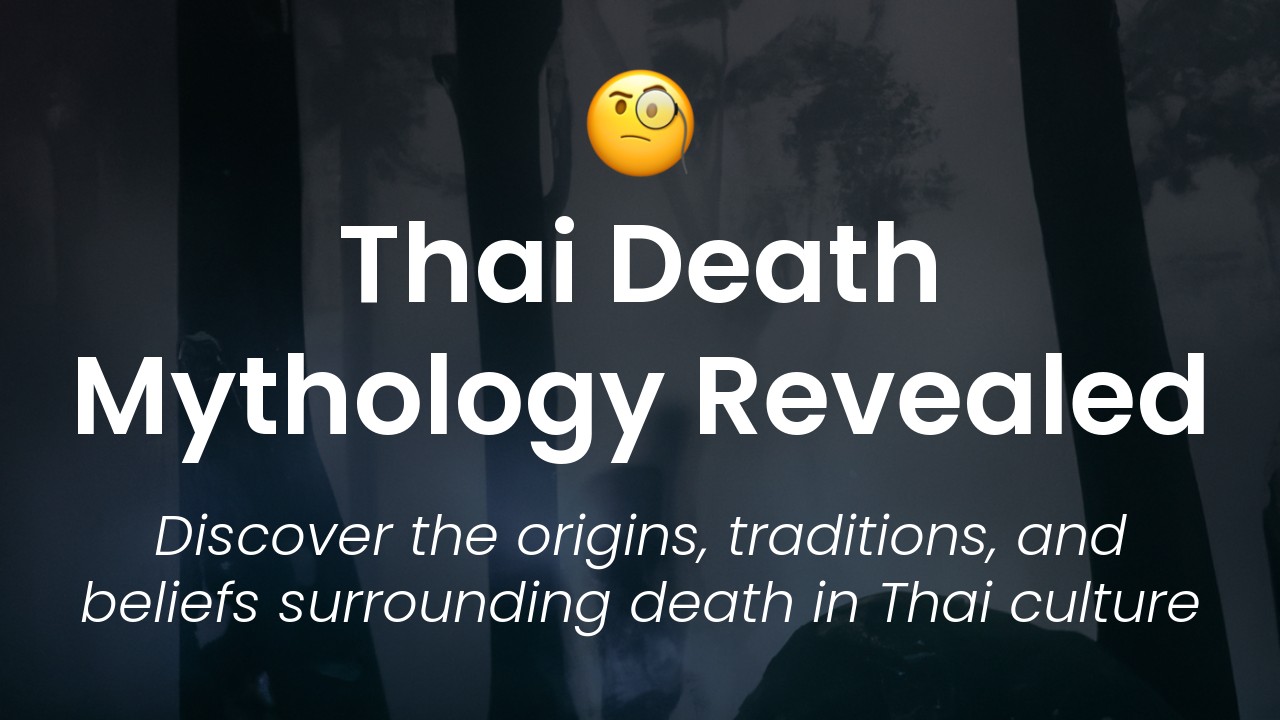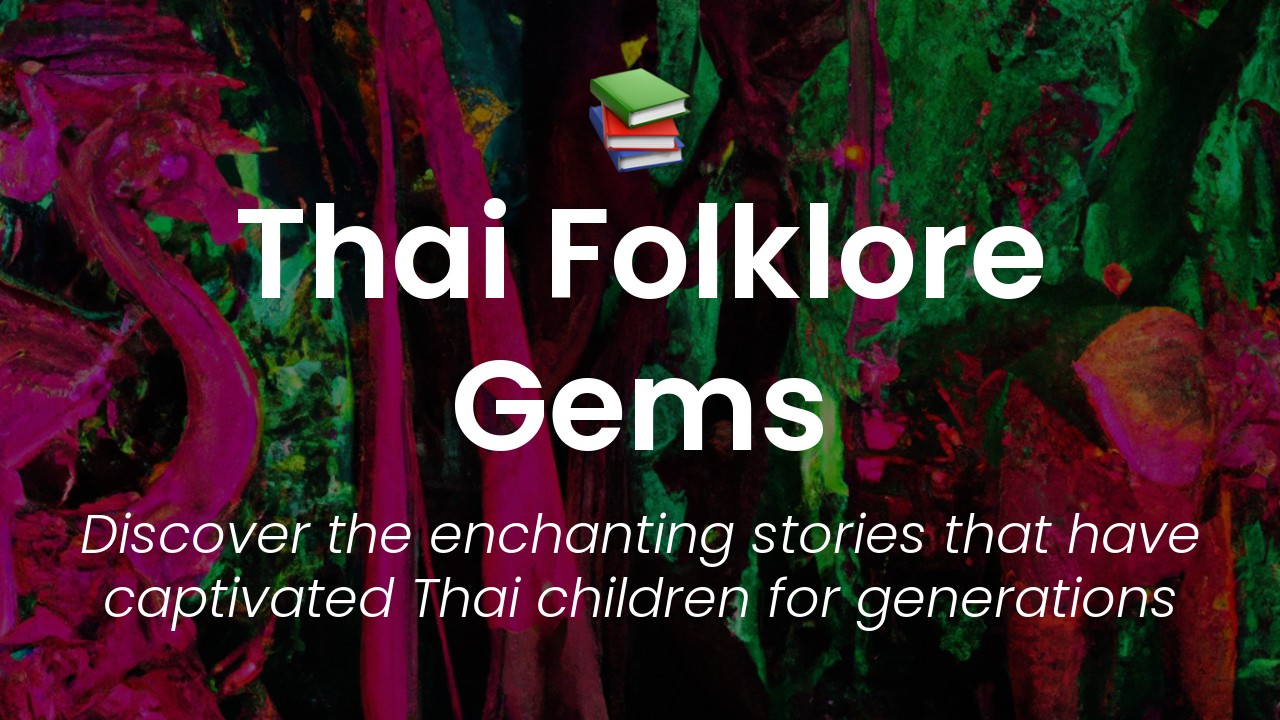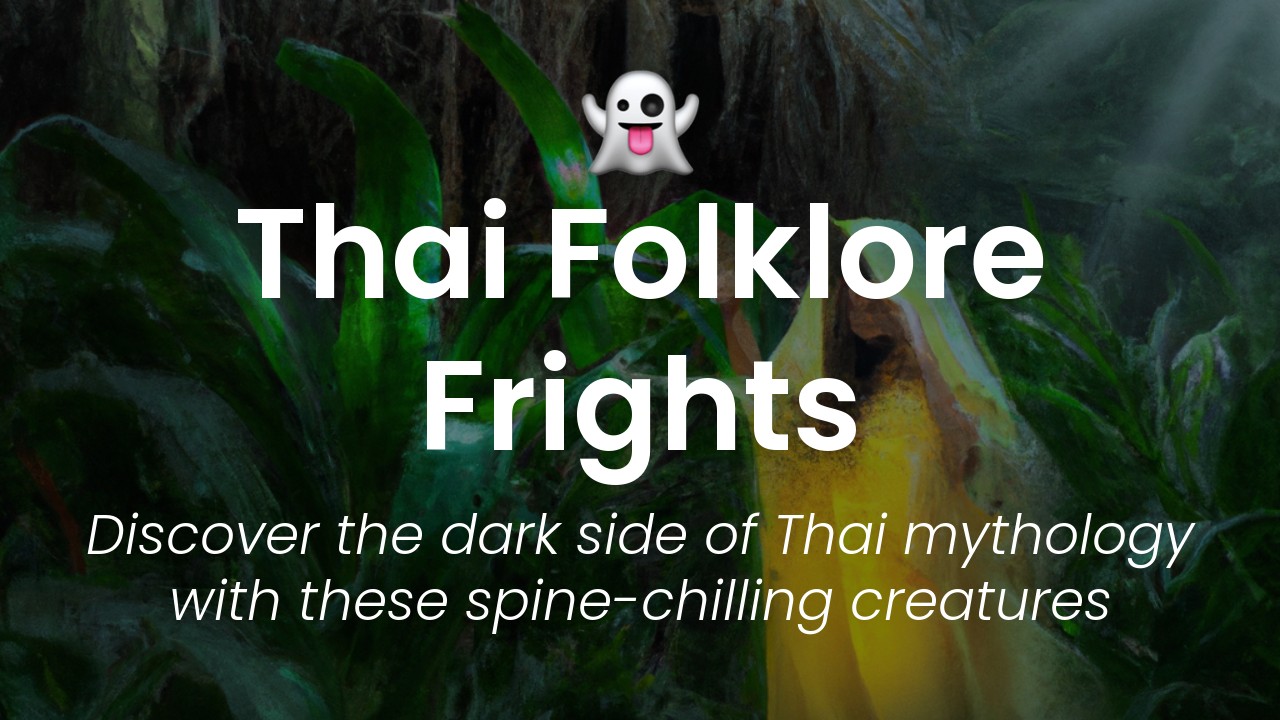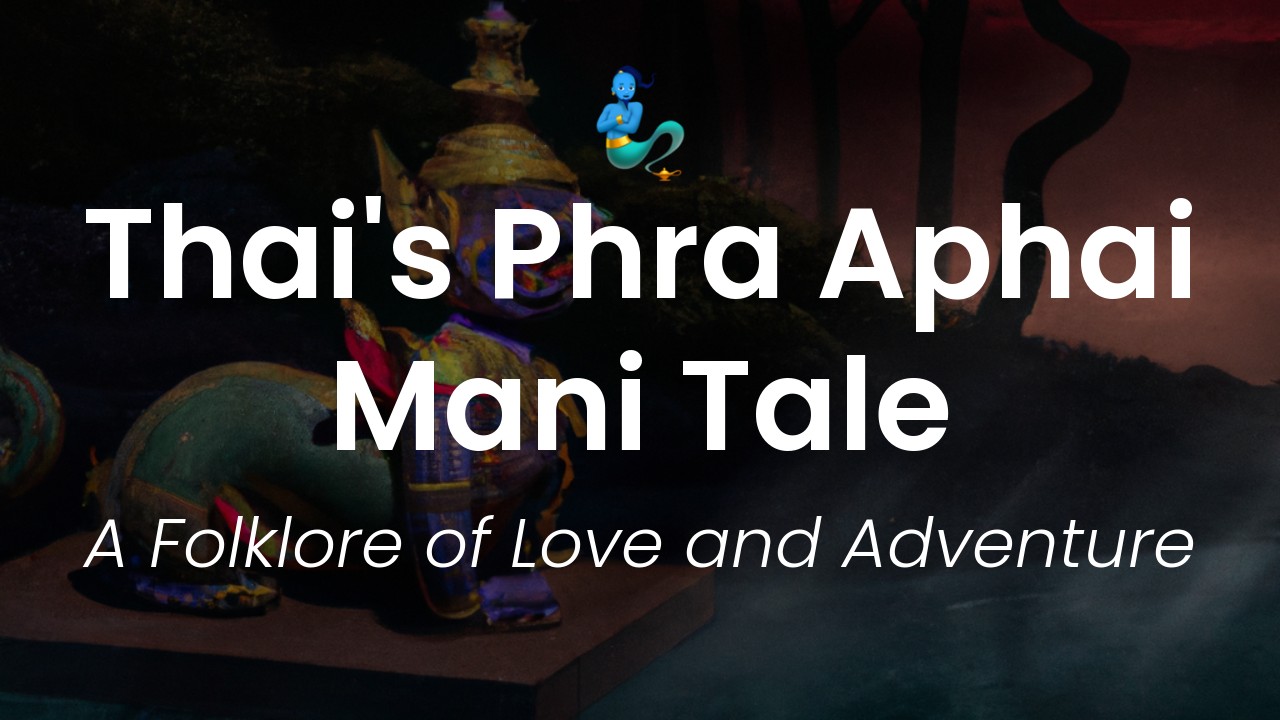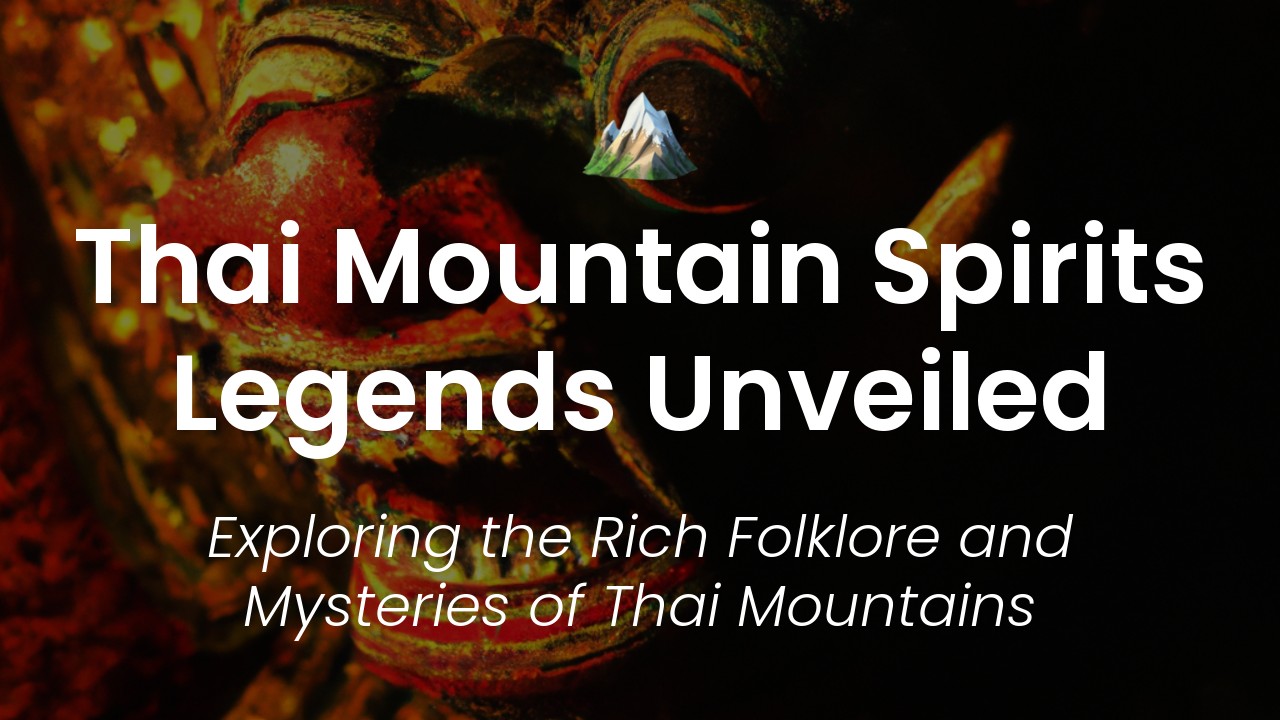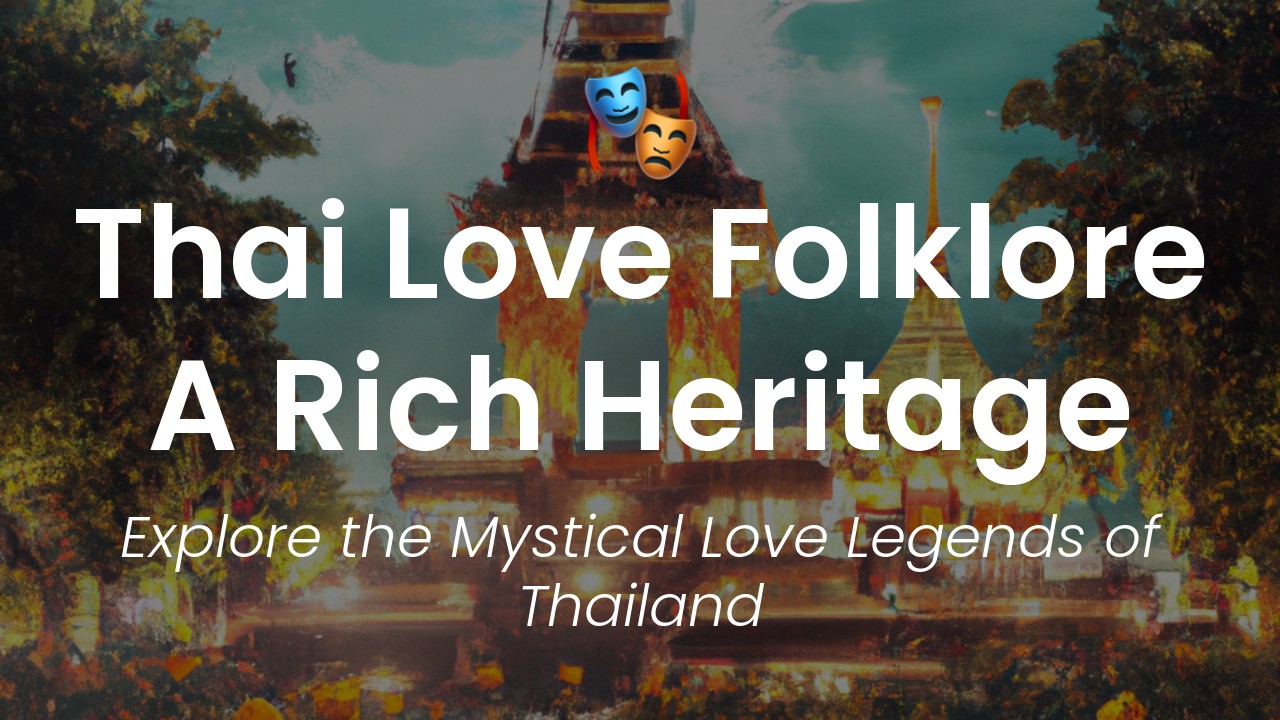As a typical Thai, growing up, I have always been surrounded by various beliefs, traditions, and superstitions deeply rooted in our culture. Among these, Thai death mythology, in particular, has always piqued my interest. The Yama, the afterlife, and reincarnation are subjects that are both fascinating and, at the same time, intimidating. Thai people hold these beliefs close to their hearts, and it is essential to understand them to comprehend the culture better.
Thai death mythology is shrouded in mystery and intrigue. It has been the subject of many debates and discussions, and yet, it remains a topic of confusion for many. In this blog, we will take a deep dive into Thai death mythology, unravel its intricacies, and uncover its secrets.
The Yama, known as the ruler of the underworld, is one of the pivotal figures in Thai mythology. The concept of a deity for the dead and hell is prevalent in most religions worldwide, but the Yama is one of the most powerful and respected. Many Thais believe that the Yama plays an essential part in their journey to the afterlife and that he also passes judgments on their karma and deeds. Therefore, it is crucial to gain insight into the Yama’s role in Thai death mythology and how it influences Thai people's behavior and beliefs. So, stay tuned as we embark on an eye-opening journey to understand Thailand's death mythology.
Death Beliefs in Thai Culture
Thai culture has a long history of beliefs and traditions centered around death and the afterlife. These beliefs can be traced back to pre-Buddhist animistic traditions and have evolved over time to become an integral part of Thailand's unique culture.
One of the most fundamental beliefs is that death is not a final end, but rather a transition from one life to the next. This concept is rooted in the Buddhist belief in reincarnation and karma, which teaches that our actions in this life will determine our fate in the next.
But Thai death mythology is more complex than just the idea of reincarnation. It also encompasses beliefs about the spirit realm, the role of ghosts in our lives, and the ways in which we can communicate with our ancestors after they have passed.
Below, we will delve deeper into the many fascinating aspects of Thai death mythology.
Karma and Reincarnation
In Thai Buddhism, karma is a crucial concept. It teaches that our actions, thoughts, and words have a ripple effect that will influence our future lives. Put simply, good deeds will lead to a better rebirth, while bad deeds will lead to a worse one.
Reincarnation is also central to Thai death beliefs. When we die, our souls are believed to move on to a new body. Where we end up is determined by our karma, which is judged by the god of death, Yama.
But reincarnation is not a straightforward process in Thai mythology. It is believed that souls can become trapped in the spirit realm and unable to move on to a new life. This is why funerals and other rituals are so important in Thai culture – they are designed to help guide the soul to its next destination.
The Spirit Realm
Thai death mythology includes a rich and complex belief in spirits. These spirits are thought to inhabit the physical world alongside humans and can be both good and evil.
One type of spirit is the phi, which is believed to inhabit natural features like trees, rocks, and rivers. These spirits can be both benevolent and malevolent and are often propitiated with offerings and rituals.
Another type of spirit is the phra-baht, which is associated with significant religious sites like temples and stupas. These spirits are seen as protectors, and many Thai people believe that paying homage to them will bring good fortune and protection.
Thai Funerary Rituals
Funerals are an important part of Thai culture and are designed to help guide the soul to its next destination. There are many different aspects to a Thai funeral, including offerings, chanting, and cremation.
Offerings are made to the deceased to help ease their transition to the spirit realm. These offerings can include food, money, and other items that the deceased is thought to need in the afterlife.
Chanting is also an essential part of the funeral ritual. Monks will recite sacred texts and prayers that are believed to have the power to help the deceased move on to the next life.
Finally, cremation is an essential part of Thai funerary practice. It is believed that cremation helps release the soul from the body and allows it to move on to the next realm.
The Hungry Ghost Festival
The Hungry Ghost Festival is an annual event in Thailand that coincides with the seventh lunar month. During this time, it is believed that the gates of the spirit realm are open, and hungry ghosts are free to roam the earth.
These ghosts are thought to be spirits who were not properly honored in life and are now seeking their revenge. To protect themselves, people will offer food, incense, and other offerings to the ghosts.
The Hungry Ghost Festival is a fascinating example of the ways in which Thai death mythology continues to influence modern Thai culture.
Ghost Legends and Hauntings
Thai culture is full of ghost stories and legends. These stories often revolve around spirits who are seeking revenge for wrongs committed against them in life.
One famous ghost is Mae Nak, who is said to haunt the area around Wat Mahabut in Bangkok. According to legend, Nak died during childbirth, but her love for her husband was so strong that she returned as a vengeful spirit to protect him from harm.
Other ghosts include Phi Tai Hong, a spirit who haunts crossroads and is said to take the form of a beautiful woman before revealing her true ghostly form.
Thai ghost legends are an essential part of the country's culture and are still told and retold to this day.
Modern Attitudes towards Death
Despite the deep-seated beliefs in Thai death mythology, modern Thai attitudes towards death are changing. With the rise of modern medicine and urbanization, death and dying are becoming more of a medicalized process.
However, many Thai people still hold on to traditional beliefs and practices. They may consult with mediums to communicate with their ancestors, or they may visit temples and other sacred sites to seek protection and guidance.
In Conclusion
Thai death mythology is a fascinating and complex system of beliefs and practices. From reincarnation and karma to the spirit realm and ghost legends, this mythology has shaped Thai culture for centuries.
While modernization has brought new attitudes towards death, many Thai people still value their traditional beliefs and practices. And as long as these beliefs are a part of Thai culture, they will continue to fascinate and intrigue people from around the world.
